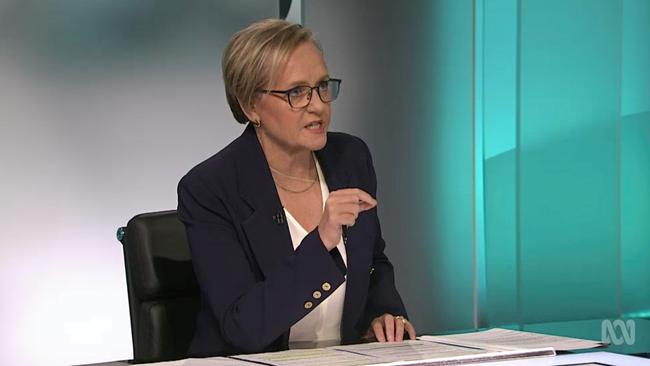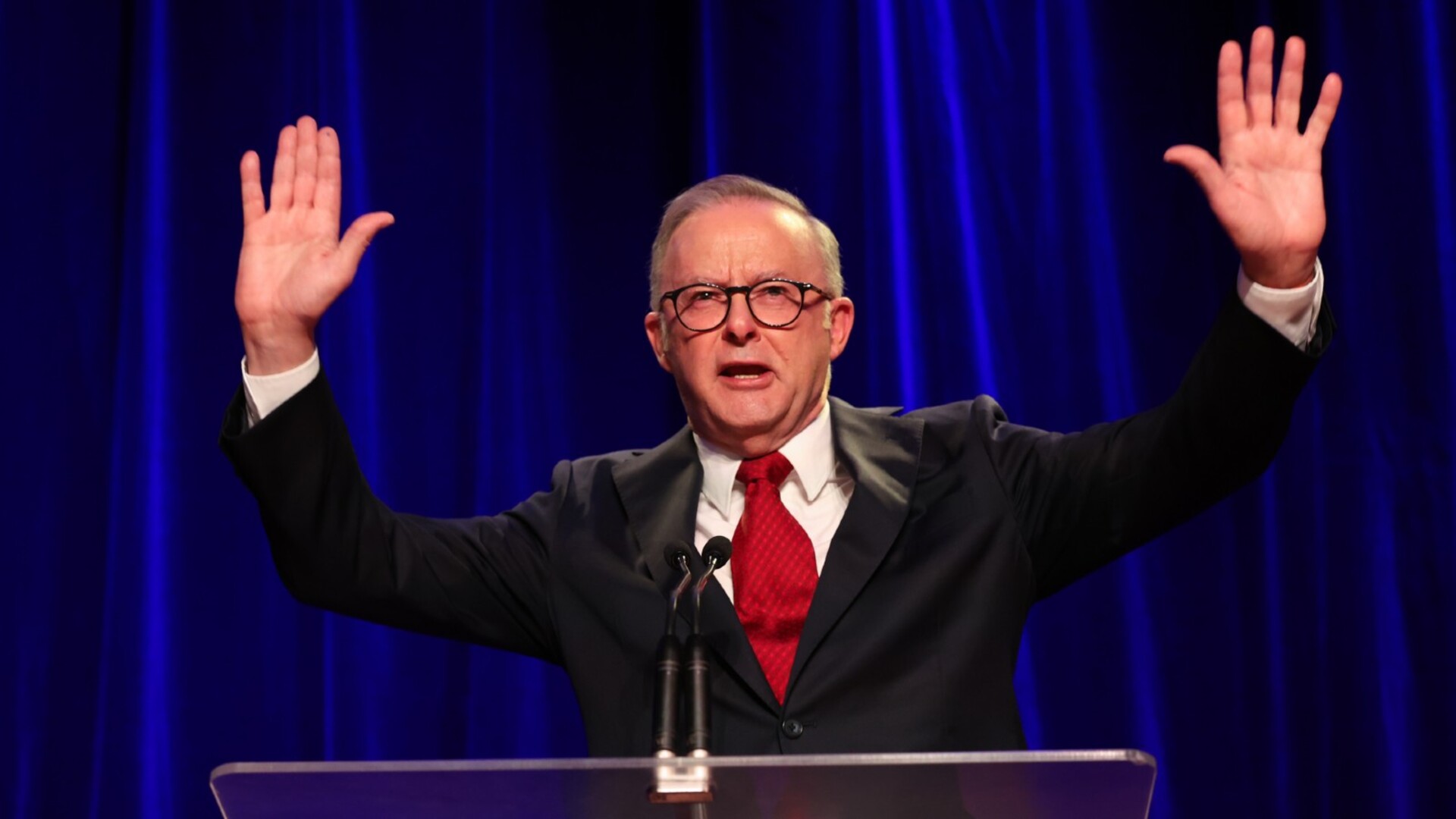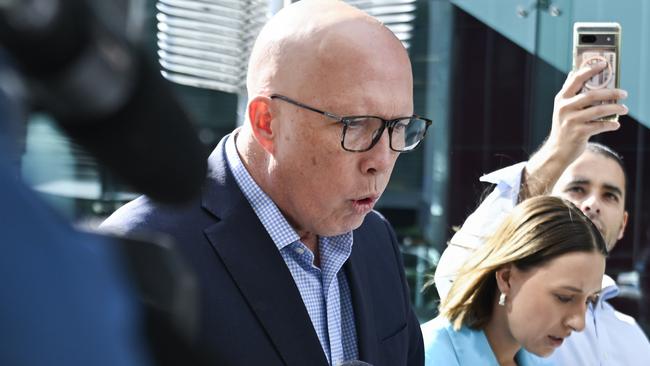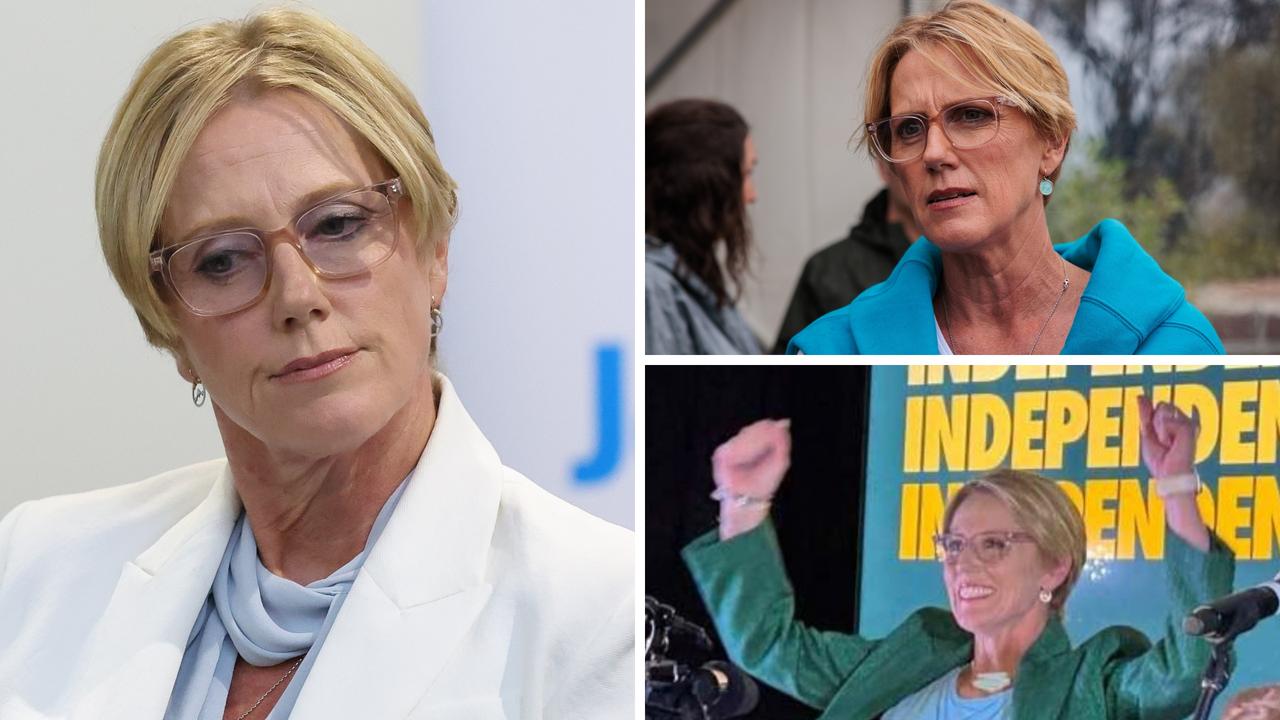ABC election review must probe ‘bias’, says former board member Joe Gersh
A former ABC board member says now that Labor holds a ‘super-majority’, the national broadcaster needs to ‘recognise its own biases in order to set them aside’ while holding the government to account.

Former ABC board member Joe Gersh has called on the national broadcaster to conduct a comprehensive review of its coverage of the recent federal election campaign to ensure it doesn’t become a “mouthpiece of government” under Labor’s “super-majority”.
The ABC’s charter requires that the publicly funded broadcaster’s Election Coverage Review Committee is constituted each time a federal, state or territory election is called and “supervises the allocation of free broadcast time on radio and television for eligible political parties”.
The ECRC also monitors and advises on election coverage in accordance with the editorial policies of the ABC.
But Mr Gersh, who served on the ABC board for five years through to 2023, says the extraordinary election result warranted a more in-depth review than usual.

“Inevitably, the ABC will conduct a review of its coverage of the 2025 election campaign and as usual, it will likely find what it was looking for – namely, compliance with its impartiality charter created by means of an audit-like approach to airing ‘voices’ from ‘both sides’ of the political debate,” Mr Gersh says in a submission to the anticipated review.
“The ABC should look beyond this quantitative measure of balance and focus instead on the qualitative. Was it objectively objective?”
In his submission, obtained by The Australian, Mr Gersh, a prominent member of the Jewish community, outlines three broad areas where he believes the ABC’s coverage of the election campaign fell short of expectations.

“First, one close to my heart. While anti-Semitism and social cohesion have regularly featured as concerns for many Australians … the ABC Vote Compass only asked whether respondents believed that the Australian government should recognise a Palestinian state,” he says.
“This is consistent with the ABC’s apparent blind spot when it comes to the concerns of the Jewish community. And the question was essentially a red herring.
“Both major parties and most candidates who contested the election support recognising a Palestinian state as part of a two-state solution. The question is only meaningful if the respondent is also asked about the timeline on which they would want to see a Palestinian state realised and the basis on which, realistically, it could come into existence.
“And whether such discussion is at all meaningful, in any case, before the Israeli hostages taken by Hamas in the October 7 attacks are returned.”
Mr Gersh says a “more significant question” is that of the ABC’s perspective of where the political parties themselves sit on the political spectrum.
“Before the election, I noted that the Vote Compass tool placed the Australian Labor Party nearly dead centre of its political leanings matrix,” he writes.
“If the Labor Party’s re-distributionary policies sit only a whisker to the left of centre of politics and only a smidge toward the progressive side, then the concepts of left and right are rendered completely meaningless.
“These may be the policies the ABC’s leading presenters and commentators prefer and (none too subtly) support. Based on the election result, the majority of Australians currently lean that way too. But that still doesn’t change the fact that they are left-wing ideas.”
Mr Gersh concludes his submission by querying why the ABC “also completely failed to adequately and critically examine the proposals put forward by the Coalition”.
“To the great disappointment of many Liberal supporters, the opposition rolled out a raft of rushed and ill-considered policies, many of which mimicked Labor ideas,” he says.
Idealistic thought-bubbles from all sides of politics “were treated like the real contest of ideas, while evidence and expertise was light on”, he says.

The businessman says that as Labor now holds a “super-majority”, the ABC will need to “recognise its own biases in order to set them aside” while holding the government to account.
“It must be able to recognise valid counterarguments, even where reporters do not personally support them. Experts must be sought out for their expertise, not their sympathy to ABC preferences,” he writes.
“A thorough election review, which goes beyond the superficial measures of ‘share of voice’ will lay the foundations for the ABC to fulfil its responsibilities going forward.
“The national broadcaster has in the past been accused – often unfairly in my opinion – of being a mouthpiece of government. Now it must take even more care not to fall in the trap of becoming one.”
The ABC did not respond to questions from The Australian on Sunday.







To join the conversation, please log in. Don't have an account? Register
Join the conversation, you are commenting as Logout